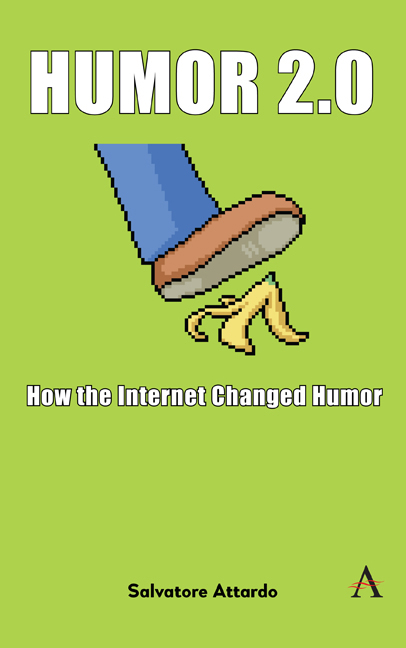24 - Pepe, Kek and Friends
Published online by Cambridge University Press: 28 February 2024
Summary
This chapter considers the adoption of cartoon mascots by US right-wing groups. This seems to be a phenomenon limited to the US context (McSwiney et al., 2021), although there has been some diffusion of this imagery beyond the United States. For example, Pepe the Frog is a character from the comic Boy's Club (2005) by Matt Furie (who has decried the appropriation of his character and even proclaimed him dead, as we will see). While originally there was no connection with right-wing ideas, in 2015, a number of memes associating the alt-right and Pepe were published on 4chan and in October, Donald Trump posted a cartoon of himself as Pepe. Kek is the deity of another satirical religion (The Cult of Kek) associated with the right. Pepe is considered an avatar of Kek.
Originally, right-wing propaganda took the form of “dog whistles” (Bhat & Klein, 2020) that is, references known to the initiated but that maintain a degree of deniability or simply appear nonsensical to the uninitiated. For example, the number 1488 is a white suprematist dog whistle: it consists of the number 14, which stands for “14 words” which is itself a short hand for the slogan “We must secure the existence of our people and a future for white children.” The number 88 stands for Heil Hitler, since H is the 8th letter of the alphabet. Thus white suprematist merchandise is often priced at $14.88. (https://www.adl.org/resources/hate-symbol/1488)
With the mainstreaming of Nazi imagery, the motivation for dog whistles seems to have diminished or possibly the amount of openly pro-Nazi, anti-semitic, pro-klan, etc., has increased along with dog whistles.
More recently, the alt-right has switched to using memes to recruit and spread their propaganda. According to Trillò and Shifman (2021, p. 2485), “Memes perform a number of key functions for the far-right, including channeling a dispersed user-base towards far-right movements and fostering in-group belonging among constituents.” They also point out that “the far-right's ability to accrue such a following depends on their ability to tap into the audience of commercial social media platforms.” (Trillò and Shifman, 2021, p. 2485)
Not only is alt-right propaganda and recruitment active on all social media, but the alt .rig ht has found alternative spaces in which to express its ideology and recruit.
- Type
- Chapter
- Information
- Humor 2.0How the Internet Changed Humor, pp. 239 - 248Publisher: Anthem PressPrint publication year: 2023

